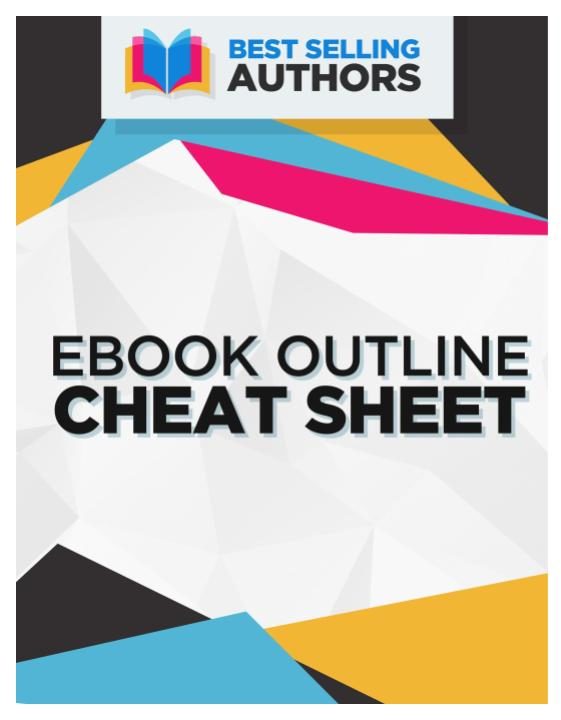Do you write a paragraph and instantly edit it? Maybe you don’t like the words. Maybe it doesn’t make sense. Maybe it’s fine, but the compulsion to write and edit at the same time reaches a point where it feels like you might never finish a thought, let alone an article.
This impasse affected me for years. Thankfully, there are a few tricks available to avoid this scenario, allowing you to separate two important writing disciplines, doing only one at a time. These tips should save you a headache, and help you become more productive into the bargain. Win win.
Vomit Words
That’s right: Vomit words. What does that mean? It means you get everything you want to say down on paper, ignoring spelling mistakes, sentence structure, or legibility. It doesn’t matter. When you’re writing, you’re writing – not editing. Overcoming the urge to edit takes practice; those red lines littering the page get distracting, baying you to right-click correct. But you musn’t. Doing so stops you from saying what you want to say. It breaks flow, and some of our best ideas come when it seems we’re typing on a ouija board: Who knows what might come out?
In this mode, we’re able to link ideas and expand on things without worrying about how it looks. After all, we’ll tidy it eventually. But the tidying up comes much later, once we’re sure we’ve said what we want to say. That doesn’t mean we can’t add points to a composition down the line. It just means that the bulk of what we want to say is down on paper. After all, you can’t edit a blank page.
Refine in Time
If we’re satisfied we have everything down on paper, only then do we turn our attention to editing. By now, your paper will look like code; bits of ideas, fragmented sentences, covered in red lines. It’s a mess. But that’s fine. Now is the time to tidy everything up.
From here, we can delete poorer ideas. We can knock all the bits of words and half-sentences into shape, until it looks more like an article and less like you fell asleep on the keyboard. Typos get corrected. ‘te urde’ becomes ‘the urge’. ‘leginility’ becomes ‘legibility’. And if you go meta, so be it.
Writing is hard enough without self-sabotage. We’re desperate to make an impression, for everything to read just so, for a reader’s eyes to glide down the page, stopping only to draw breath at our brilliance. But if we chop sentences out of existence when they’re just born, we reduce the chances of that happening. We fixate on things long before time.
That’s why writing and editing must stay as non-overlapping magesteria. Otherwise, we run the risk of having nothing to say at all.
Sources:
https://en.wikipedia.org/wiki/Ouija


